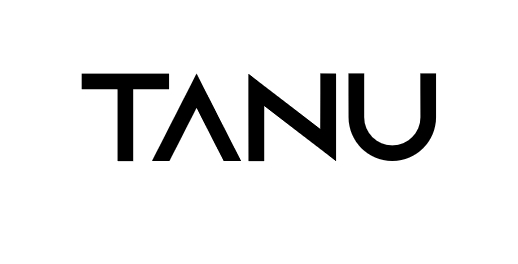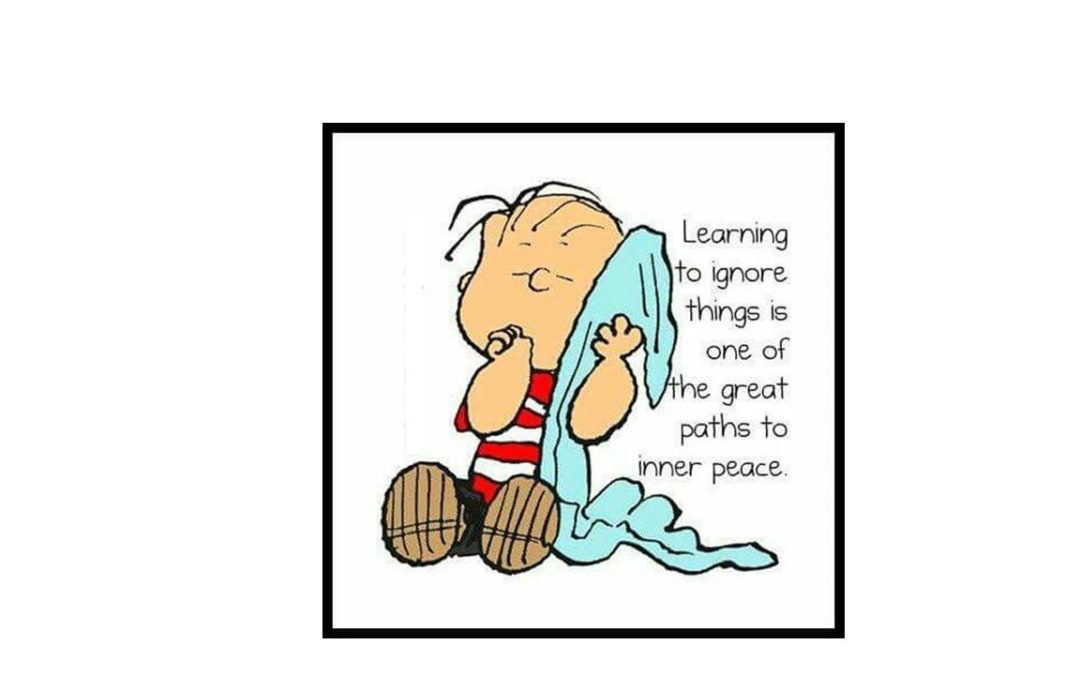Ashtavakra, the Vedic Sage, was the son of Kahola and Sujata, both Vedic scholars. His parents lived in the ashram of his grandfather, Sage Aruni. As a result, even as a fetus, Ashtavakra was able to hear the chanting of the Vedas and learn much about it. It is said that one day when his father was reciting the Vedas, he made a mistake in the intonation, and Ashtavakra corrected his father, from the WOMB.
Remembering this story helps me deal with my shortcomings in parenting with equanimity. After all, if the great sage was being corrected by his child who was yet to be born, I am but a mere mortal.
My work entails working with young adults and most believe that their parents know nothing of the world. The young people seem convinced that they were born complete with the knowledge and skills they possess. They have reached the ripe old age of 16, 20 or 25, whatever the age, without any help from anyone. The parents have been incidental, mere cogs in the great machinery of evolution. The kids do know a lot more being digital natives and having unrestricted access to information. And children have, in every generation, felt that the parents know less and less with every passing day. However, there is a difference. Earlier, children kept their understanding of the parents’ lack of knowledge largely to themselves or confined to their peers.
Ashtavakra’s father was learned and in possession of magical powers. He was so angry at being corrected that he cursed that the baby be born with eight deformities, hence the name Ashtavakra.
It is a good thing that the parents of today possess neither the knowledge nor the skills of the parents of yore!


every generation thinks their children are more open in their criticism of them, than they were of their parents !!
Agreed but i dont think our generation was this vocal!
Astavakra had pointed out to a lapse which his father treated as an unbecoming trait in a son. Is it adequate to call him insensitive or disrespectful? When he grew up, he travelled to King Janak’s court and rescued his father from the confinement of his captors.
The child, in his innocence thinks that knowledge coming him, through his own observations, or what he learns in school and from others, are new additions to the available wisdom 0f mankind, and he is eager to share it, with his parents others. I had the good fortune of learning much from my three children.
Now why does one continues doing it, even after he grows up in height or body? Most likely, he or she is still a child.